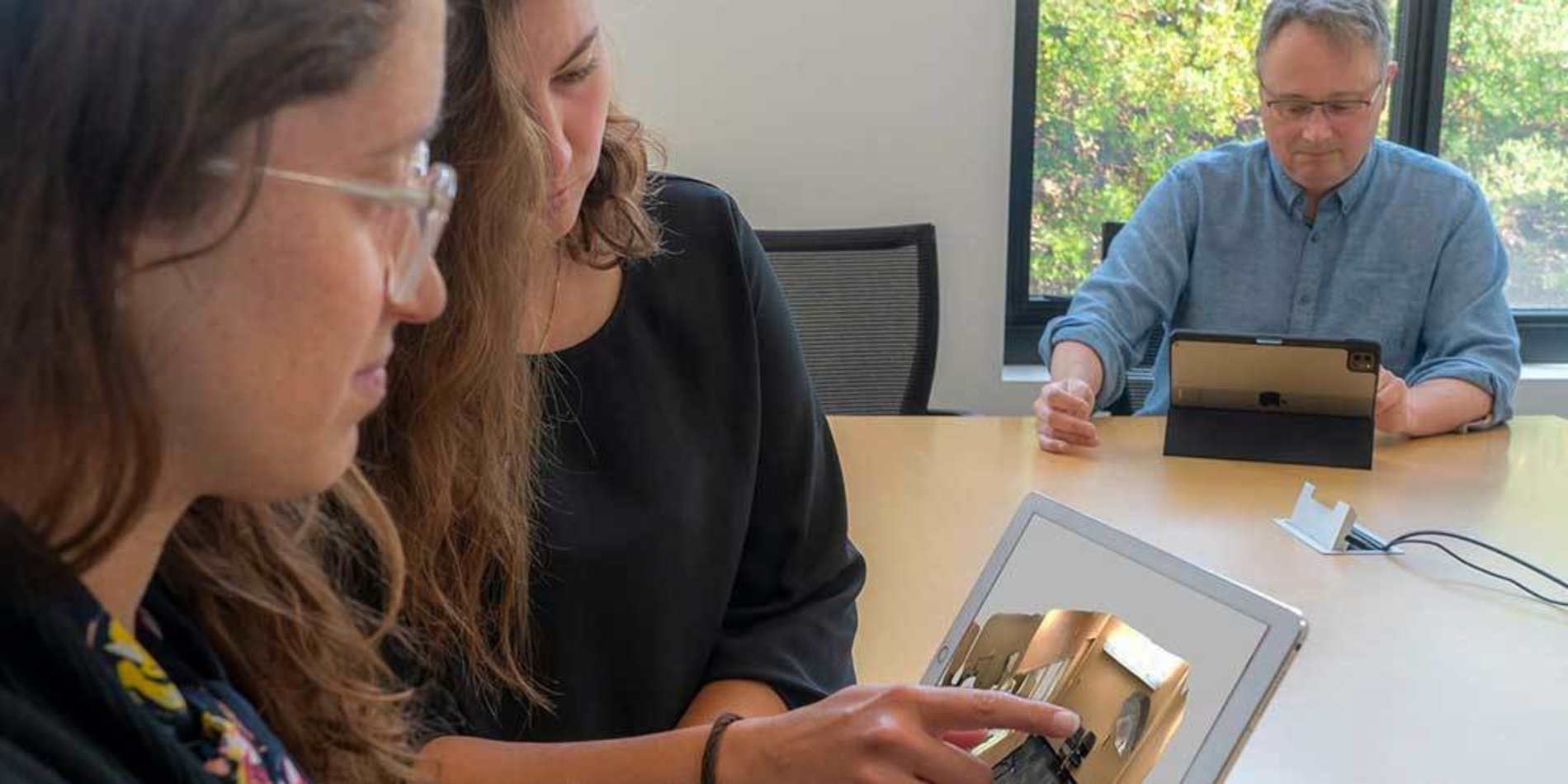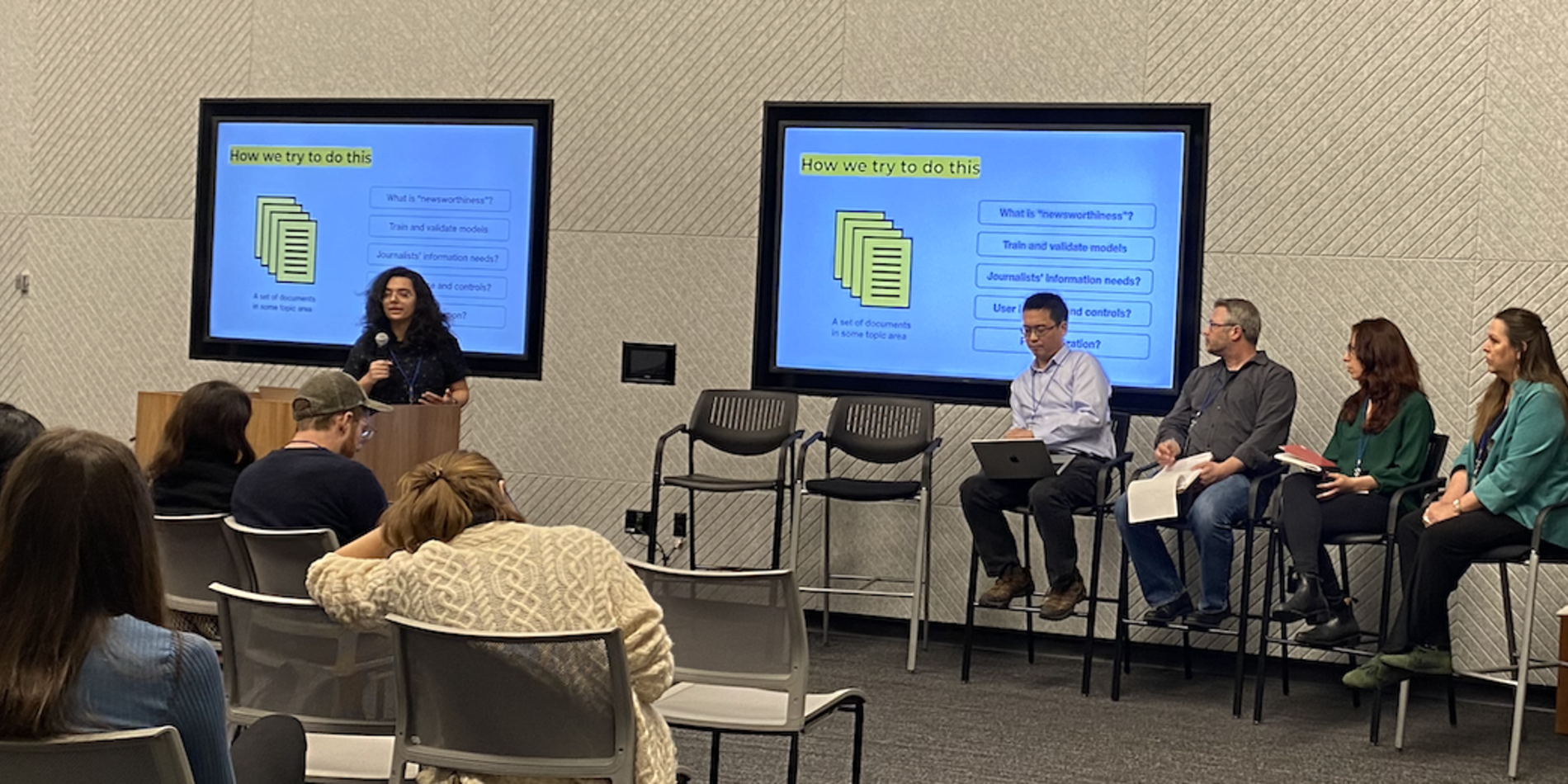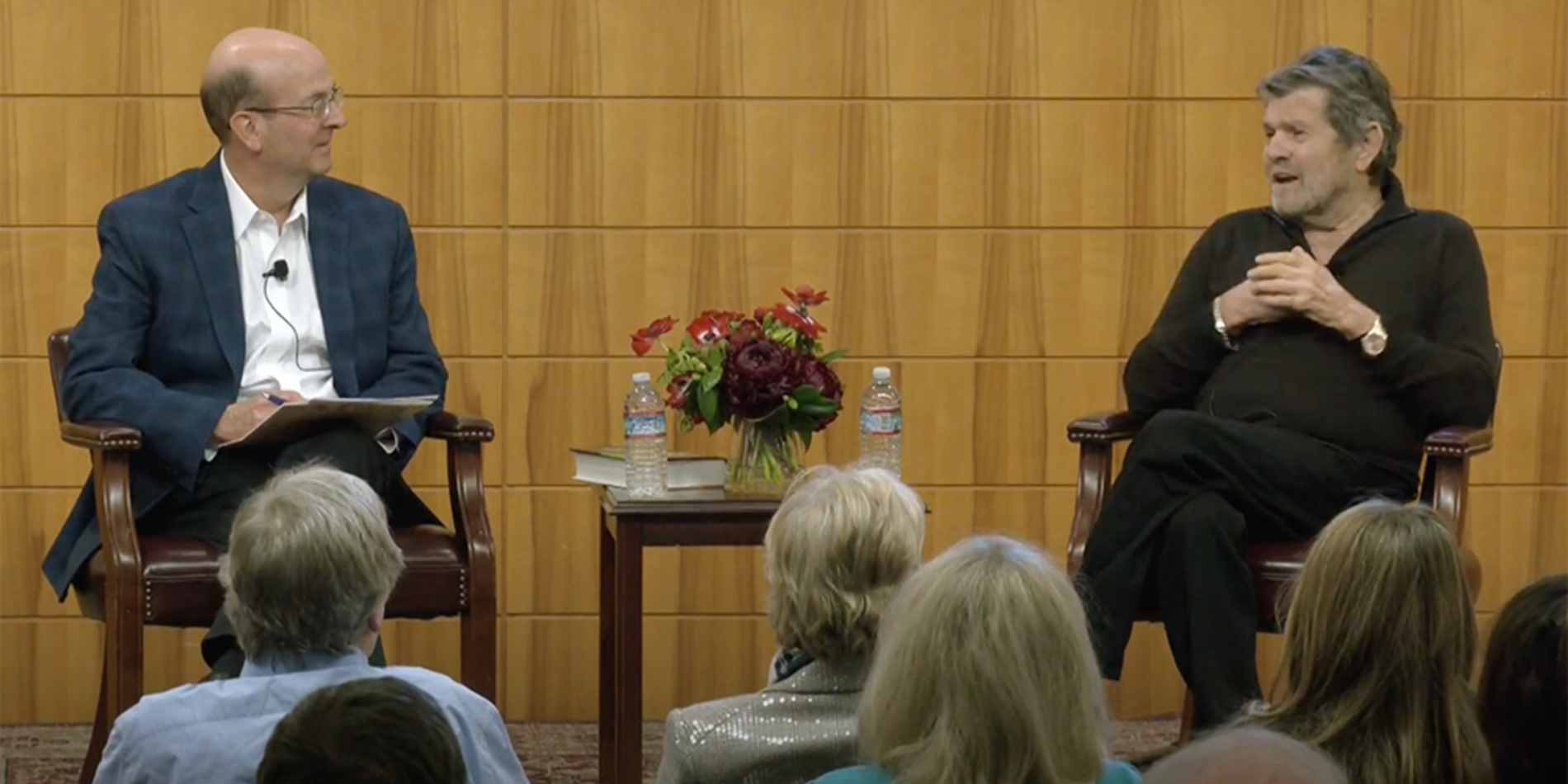Big Local News harnesses investigative journalists’ expertise to empower local newsrooms
Stanford’s Big Local News program is expanding with the addition of two investigative journalists — Pulitzer Prize winner Justin Mayo and data reporter Bethney Bonilla.
Mayo comes to Stanford after 20 years with the Seattle Times, primarily working with the paper’s investigative team. Bonilla most recently worked with the investigative unit at NBC Bay Area and is a graduate of the Stanford graduate journalism program.
Mayo and Bonilla join Eric Sagara, a senior data reporter with Reveal from The Center for Investigative Reporting, who is working with the Big Local News program for a year with support of the JSK Journalism Fellowships. The team of faculty, students and researchers is led by computational journalist and lecturer Cheryl Phillips.
Big Local News — part of the Stanford Journalism and Democracy Initiative — aims to collect, process and share governmental data that’s difficult to obtain and analyze. The initiative will partner with local and national newsrooms to use this data to examine a wide range of issues including criminal justice, housing, health and education for accountability journalism.
Mayo said he joined the project because he wanted to have a bigger view of the industry by being part of a cross-disciplinary effort at Stanford.
“[Investigative reporting] takes a lot of time and resources, if you’re doing it right, you’re spending months and months on one story,” he said, adding that Big Local News “is an opportunity to look at the state of the industry as a whole and help other places do really good investigative reporting.”
Bonilla, who grew up in the Central Valley, said she’s seen firsthand how communities can suffer because of the lack of accountability for government agencies and institutions.
“I saw the impact data can have in public affairs reporting in terms of elevating a story,” she said. “Data has the ability to increase impact.”
Sagara said newsrooms throughout the country have continued to cut back and many communities no longer have watchdogs working for the good of the public.
“We are not seeing as much accountability journalism as much,” said Sagara. “I’m hoping this project can help newsrooms by giving them resources and inspiration to tackle more investigative projects.”
Phillips said Mayo, Sagara and Bonilla all bring unique expertise to the initiative. Mayo has a proven ability to find stories through data and experience as a trainer. Bonilla has expertise with data negotiations and was part of the Stanford Open Policing Project, a precursor to Big Local News. These skills compliment Sagara’s expertise in programming, analysis and reporting, Phillips said.
Currently, the team is building an online platform that will help journalists select, download and analyze data for investigative stories, but also is soliciting project pitches from newsrooms.
“Just like in the newsroom, the best ideas come from reporters,” Phillips said. “If there are newsrooms out there interested in the project, they should reach out.”
Mayo’s work at the Seattle Times has garnered numerous awards including the Selden Ring Award for investigative reporting and an IRE Investigative Award. He was part of the team that won a Pulitzer Prize in 2015 for breaking news reporting during the landslide in Oso, Wash., that killed 43 people. He also contributed to a series that exposed the state of Washington’s financially motivated practice of prescribing a deadly pain drug for people in state-subsidized health care. That project won the Pulitzer Prize for Investigative Reporting in 2012.
Before her work at NBC Bay Area, Bonilla was a data fellow at Reveal from the Center of Investigative Reporting. She has worked as a literary editor, a contributor to a documentary film and a freelancer at the Fresno Bee.
Big Local News developed out of the Stanford Open Policing Project, which obtained records of more than 130 million police traffic stops through public records requests to state agencies in every state. The information collected from 31 states resulted in local accountability stories in Denver, Boston, Washington state, Colorado, Ohio, and other cities and states.
Big Local News is collaborating with Workbench, a programming-free data processing and analysis platform based at Columbia University, and is archiving the data it collects in the Stanford Digital Repository, part of Stanford Libraries.



